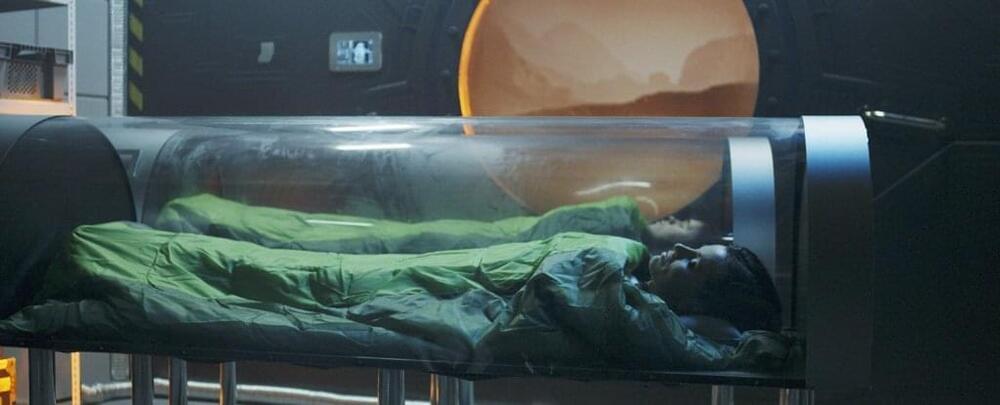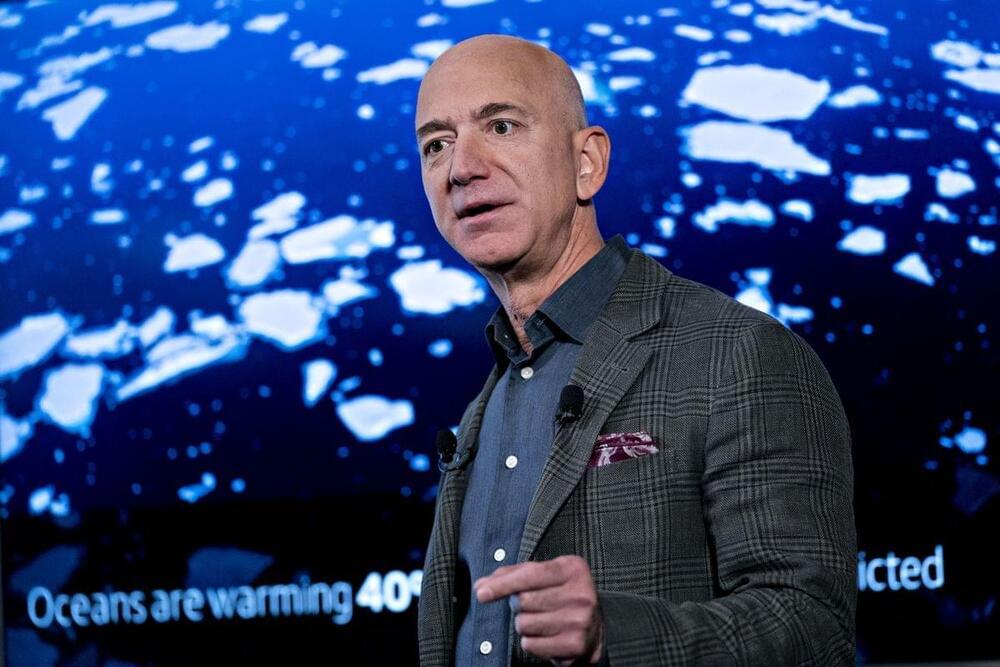A UK study has discovered five types of bacteria linked to aggressive prostate cancer. The breakthrough could help doctors identify who needs urgent treatment.
Every year, around 12,000 men in the UK die from prostate cancer, but many more die with prostate cancer than from it. So knowing whether the disease is going to advance rapidly or not is important for knowing who to treat.
Our latest study, published in European Urology Oncology, sheds some light on understanding which cancers will progress rapidly and aggressively and which won’t. Part of the answer lies with five types of bacteria.
For some years, we have known that pathogens (bacteria and viruses) can cause cancer. We know, for example, that Helicobacter pylori is associated with stomach cancer and that the human papillomavirus (HPV) can cause cervical cancer. There is also growing evidence that the bacteria Fusobacterium nucleatum is associated with colorectal cancer.








